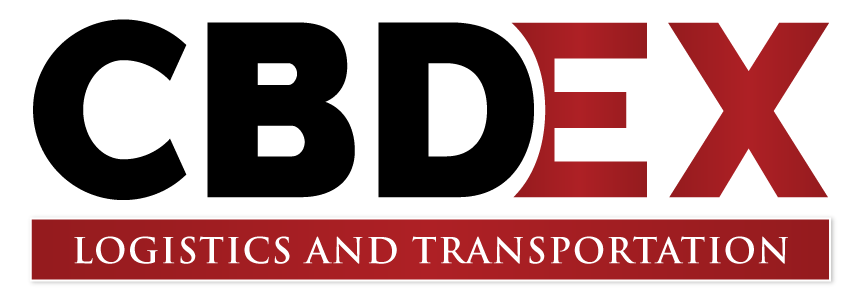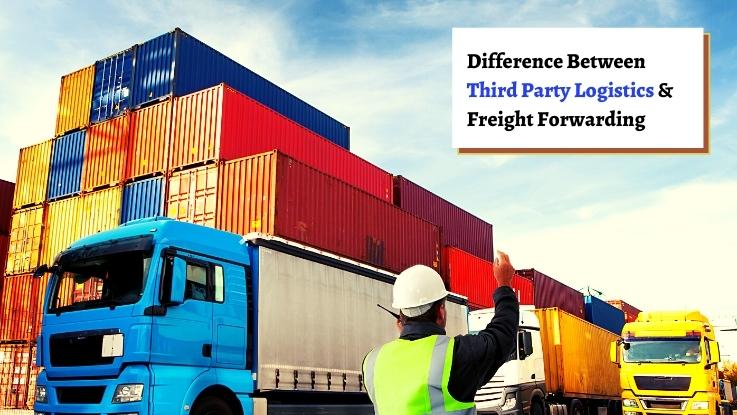Understanding how outsourcing your logistical needs work is crucial to your supply chain’s health. Whether you are moving cargo between warehouses or delivering products to your customers, support from companies may become necessary at some point of time. To fill in this gap, there are various companies that operate in this exact sector. These companies can be roughly divided into various categories and we will discuss the difference between two of these categories.
Third party logistics or 3pl providers and freight forwarders are the two most important categories amongst the support that you can get for your supply chain. These two types of companies differ widely in price breakdowns, how they function, and where they can fill in the gap in your supply chain.
Both 3pl and freight forwarders are available in Australia. In industrial cities such as Perth, Melbourne, and Sydney, there are hundreds of examples for these two. Companies like Toll Group, Fastrack, BDL, Tasman Logistics are all good examples of 3pl providers in Australia. Think Global Logistics, Henning Harders, and DHL are the corresponding freight forwarding companies.
What is a 3pl Provider?
Third party logistics companies are basically there for you to outsource your logistical requirements. The word ‘outsource’ is important to note here because how much of the logistical functions fall under the 3pl company is one of the basic differences that we will discuss later. A 3pl provider will typically help you with warehouse activities. These may include storing products, sorting, handling, packing, as well as shipping.
A 3pl provider will also be the one who will take orders from your customers and ensure that the delivery is on time. 3pl companies in Australia, just to add, also work with freight forwarders at times for a smoother execution.
How 3pl companies integrate with your operations depends on you as well as the services the company is willing to provide. Some companies have a wider array of logistical services and others don’t. However, in any case, a 3pl provider will typically be more involved with the internal operations of your company than a freight forwarder would. This is true because the former receive your sales orders from all the channels and then kickstart the logistics to deliver the orders as soon as possible.
3pl companies rely on large warehouses. They work with complex business problems and basically provide the much needed support that your company needs. A 3pl provider will help you with the entire process of order management and inventory management. They can help you cut on labour costs as well as come up with other business strategies to help you save costs.
A Freight Forwarder
Freight forwarders are much less involved in the business aspect of your company. Their responsibility, in simpler terms, is getting cargo from source to destination. They are less concerned with heavy-duty warehouses and their range of services are limited. Having said that, they perform the most important task of physically moving the cargo. Sometimes, 3pl companies do this as well but this is not their speciality.
How and through what channel the freight forwarder would move your packages is another discussion on its own. Factors like time and cost are the ruling parameters here. Coming back to warehousing, freight forwarders, unlike 3pl logistics companies just need short-term storage solutions. Their warehouse requirements are limited to prepping the items in transit or for a small ‘layover’.
The freight forwarder is the middleman between you and the transportation company. This helps you save costs because freight forwarders work with transporters on contracts.
Compared to 3pl companies, freight forwarders can be thought of as a more niche solution provider. Whereas, the 3pl companies can help you with more things at once. This does not, however, mean that the function of the freight forwarder is less fundamental.
Lastly, 3pl companies rely on freight forwarders much more often than a freight forwarding company would rely on the other.
3pl companies are not only involved with your business activities but are also crucial for customer satisfaction. They are in direct contact with your customers and their quality of services implies directly to yours. It is paramount, for this reason, that the 3pl provider you choose is good and provides an extremely sophisticated and streamlined quality of service.
The Gaping Difference is the Service
Third party logistic services and freight forwarders are both necessary for the healthy functioning of your supply chain. The biggest difference is the service.
The practical question that people ask is which type of company can help them with their logistics. Freight forwarders are masters of moving goods whereas 3pl providers are more involved with your business and help you with everything from inventory management to taking customer orders as well as safeguarding your products in warehouses.
The 3pl logistics market in Australia is expecting a CAGR of over 8% during 2020 to 2025. Freight forwarders, on the other hand, are expected to register a growth rate of 5.85%. The competition is much tougher in the freight forwarding market than the third party logistic services market in Australia. Interstate freight transport requirements add a huge chunk to both these categories.
Imagine you have a warehouse in Perth and you need to move your items to another warehouse in Melbourne. In such a case, your 3pl provider in Melbourne or Perth can help you to sort out the cargo and pack them correctly. The freight forwarder will then move it from Perth to Melbourne. Most of the time, your 3pl partner would be in direct contact with a freight forwarding company and you wouldn;t need to worry about it at all.
Summing up the Difference
Both 3pl and freight forwarding are witnessing modest growths in Australia. The pandemic did put a halt on the normal way of things but the industry is picking up the pace again. To summarise the difference discussed in this article, here is a quick look at them again:
| 3pl Providers | Freight Forwarders |
| More generalistic. | More specific in their mode and area of operation. |
| Helps with inventory management, warehousing, order management, customer ticketing, and logistics strategies. | Helps with pushing freight from source to destination through various channels. Freight forwarders deal with local, interstate freight transport, and international freight transport. |
| Require more operational costs because they have more requirements to fulfil. | Comparatively requires less operational costs because they operate in a ‘niche’ area. |
| Rely on heavy-duty warehouses. | Require temporary storage warehouse for ‘layovers’ and other minor operational tasks. |
| More customer centric. | More operation centric. |
The Role of the Government in a Healthy Supply Chain
Lastly, it is noteworthy that the government plays an important role in the operations of both these types of companies. The Australian freight task as of June 2021 was 800 billion metric ton kilometres. In a country like Australia, the railway system occupies the largest role in the fulfilment of the logistical needs.
The government of Australia charts out the roadmap for the development of freight routes on which both 3pl providers and freight forwarders heavily rely on. It is committed to developing the infrastructure that will further lead to the growth of both these two players in the massive supply chain of the country.

